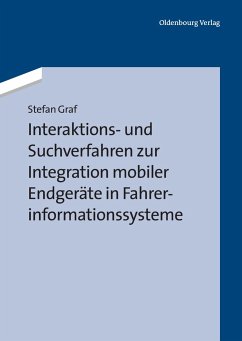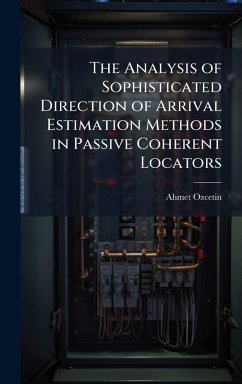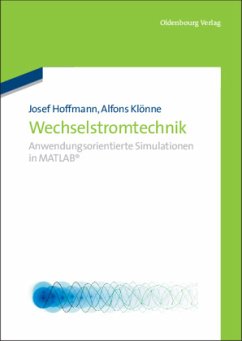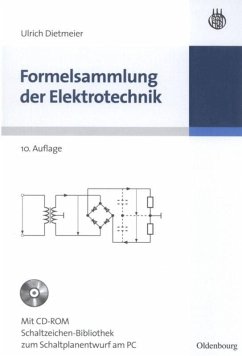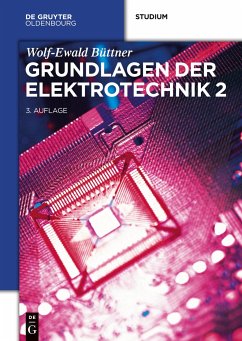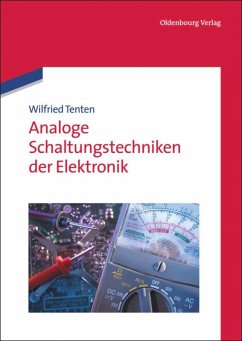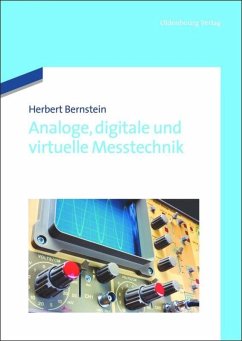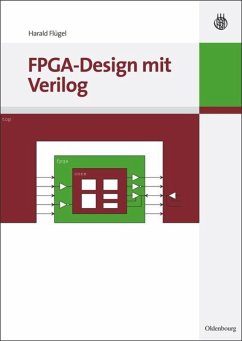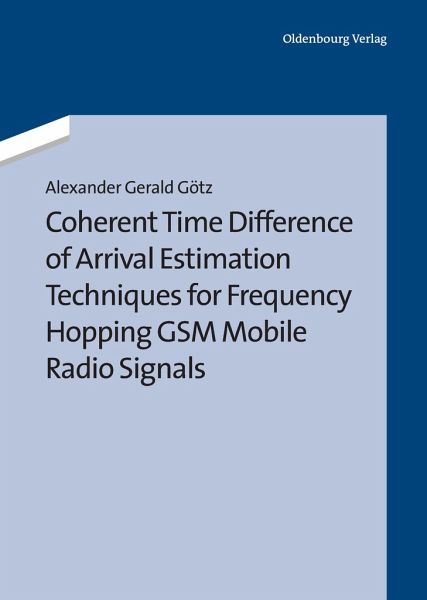
Coherent Time Difference of Arrival Estimation Techniques for Frequency Hopping GSM Mobile Radio Signals

PAYBACK Punkte
0 °P sammeln!
In this work, coherent techniques for time difference of arrival estimation for frequency hopping GSM signals are introduced. The techniques provide significant improvements in accuracy compared to state-of-the-art techniques and are ideally suited for highly accurate localization of GSM mobile phones. The key inventive concept is based on the interpretation of a frequency hopping GSM signal as a wideband signal. Thus, the applicable bandwidth for time difference of arrival estimation can be increased from 200 kHz for the narrowband burst signal to the full uplink bandwidth of the correspondin...
In this work, coherent techniques for time difference of arrival estimation for frequency hopping GSM signals are introduced. The techniques provide significant improvements in accuracy compared to state-of-the-art techniques and are ideally suited for highly accurate localization of GSM mobile phones. The key inventive concept is based on the interpretation of a frequency hopping GSM signal as a wideband signal. Thus, the applicable bandwidth for time difference of arrival estimation can be increased from 200 kHz for the narrowband burst signal to the full uplink bandwidth of the corresponding GSM standard. For E-GSM 900 systems, up to 35 MHz of bandwidth can be employed. Consequently, a localization accuracy in the scale of 5 - 10m is achievable. The presented coherent techniques for time difference of arrival estimation permit novel applications with increased accuracy requirements such as highly accurate localization in search and rescue scenarios. Furthermore, the coherent estimation concept can also be adapted to any frequency hopping signal source such as TETRA, DECT, IEEE 802.15.4 (ZigBee) and IEEE 802.15.1 (Bluetooth) devices.





